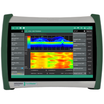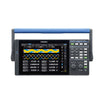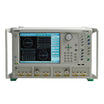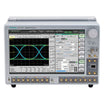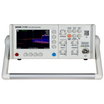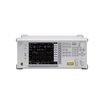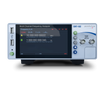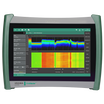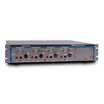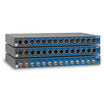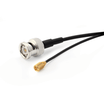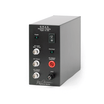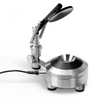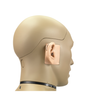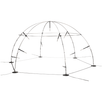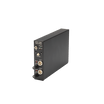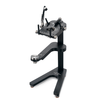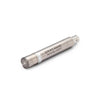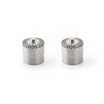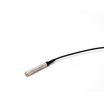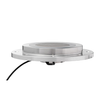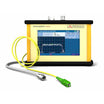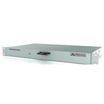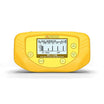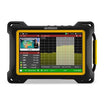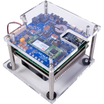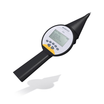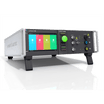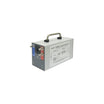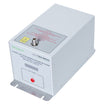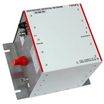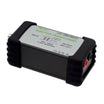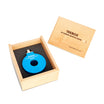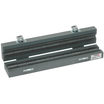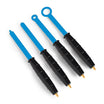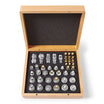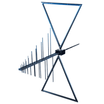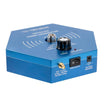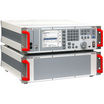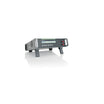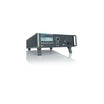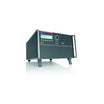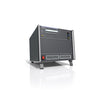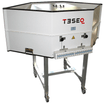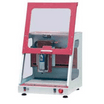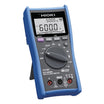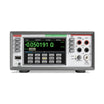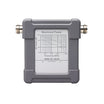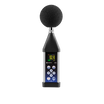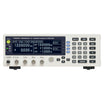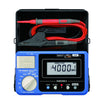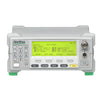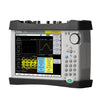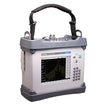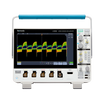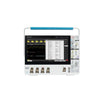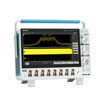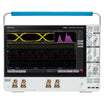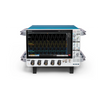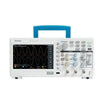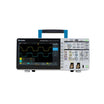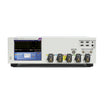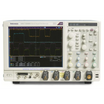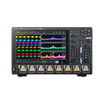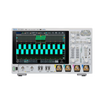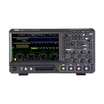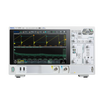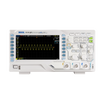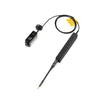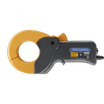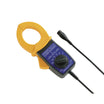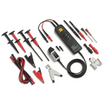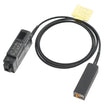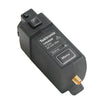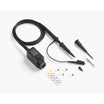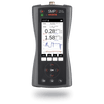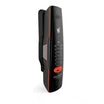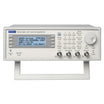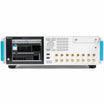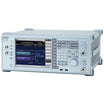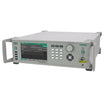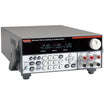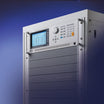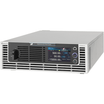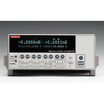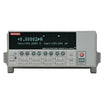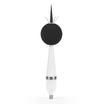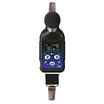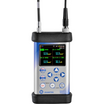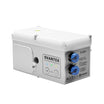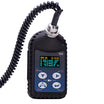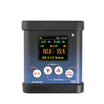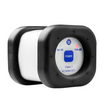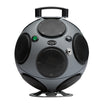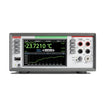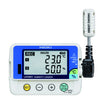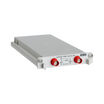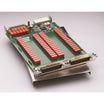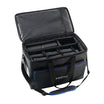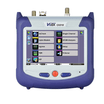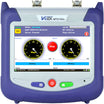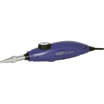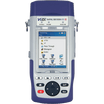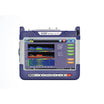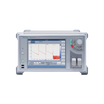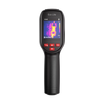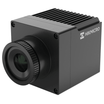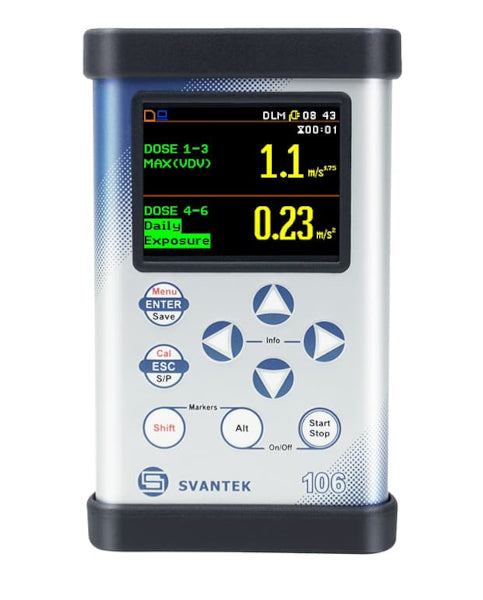
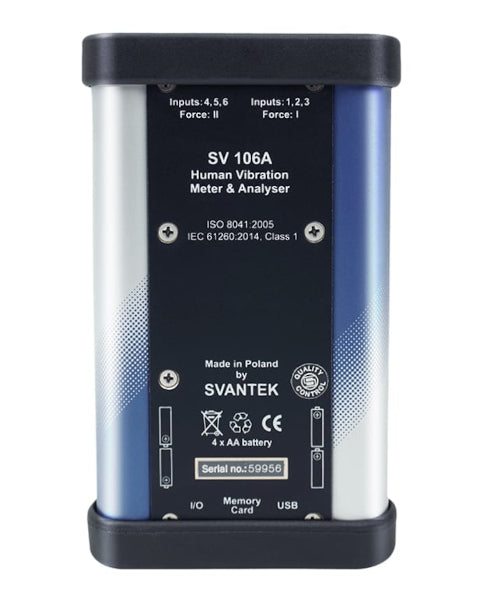
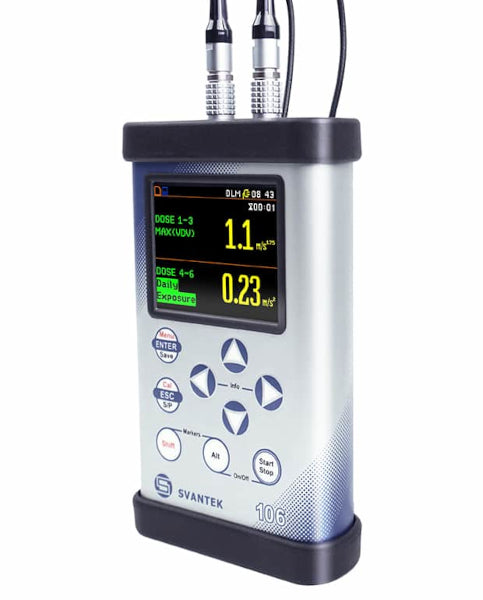
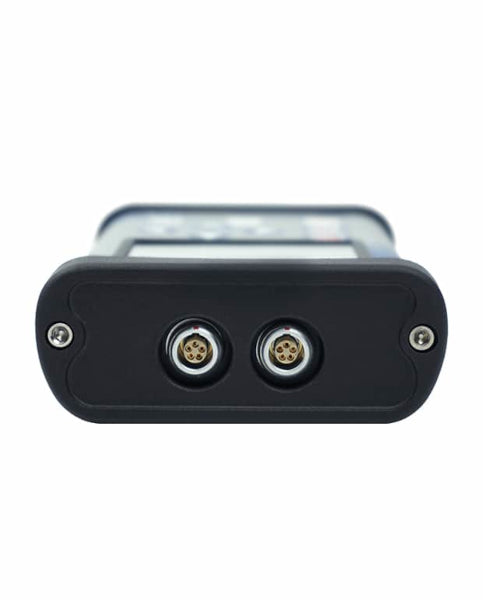
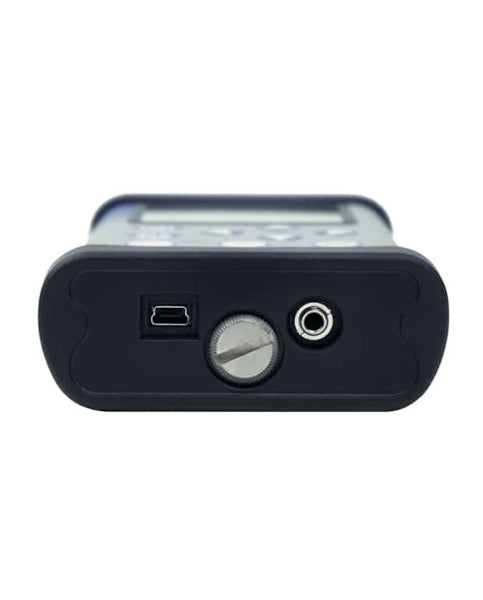
Svantek SV 106A Human Vibration Meter & Analyser
Use our chat for technical support or contact us via +45 31 33 18 19 or salg@GOmeasure.dk
Discover the possibilities
More information
Description
Svantek SV 106A Human Vibration Meter & Analyser
What is a Human Vibration?
Human vibrations are mechanical vibrations that are transmitted directly to the human body, affecting different tissues in different ways. There are three types of human vibrations:
- hand-arm vibration (ISO 5349)
- whole-body vibration (ISO 2631)
- low-frequency whole-body vibration in the frequency range from 0,1 Hz to 0,5 Hz (ISO 2631)

Hand Arm Vibration Testing
Calculation of the daily exposure A(8)
The hand-arm vibration testing is based on the calculation of the daily exposure value normalized to an eight-hour reference period. This value is A(8), which is the square root of the sum of the squares (RMS) of the frequency-weighted acceleration values, determined on the orthogonal axes X, Y, Z defined in ISO 5349-1.
Vibration Dose Value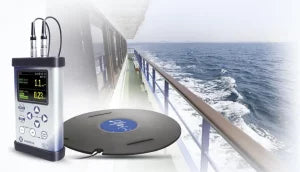
Calculating VDV for whole-body vibration
The vibration dose value VDV is calculated using the fourth power of the frequency-weighted instantaneous vibration acceleration. The whole-body vibration daily exposure A(8) is calculated at the highest (RMS) value or the highest vibration dose value (VDV)
Types of Accelerometers
MEMS vs IEPE Accelerometers Types
ISO 8041 mentions two types of accelerometers - IEPE and MEMS. Their construction and operation are very different. In IEPE accelerometers, piezoelectric materials are used, while semiconductor fabrication facilities are used in MEMS. As a result, MEMS accelerometers are more shock resistant and do not have a DC shift effect. They also consume less power and have a flat frequency response down to DC.
Human vibrational frequencies
frequencies
How do you measure human vibrational frequency?
According to ISO 5349 and ISO 2631, human vibrational frequencies are measured using unweighted frequency spectra to identify the vibration sources. Once it is installed, the data logger stores the information about 1/3 octaves with configurable logging intervals.
For more information: http://Svantek SV 106A
Specifications
Documents
Svantek SV 106A Human Vibration Meter & Analyser
Svantek SV 106A DatasheetOptions
Svantek SV 106A Human Vibration Meter & Analyser
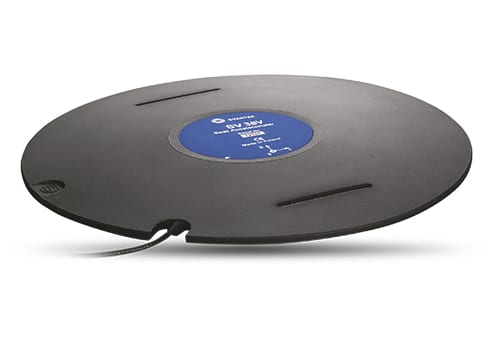
|
SV 38V - Seat accelerometer for SV 106 Seat accelerometer for SV 106 |
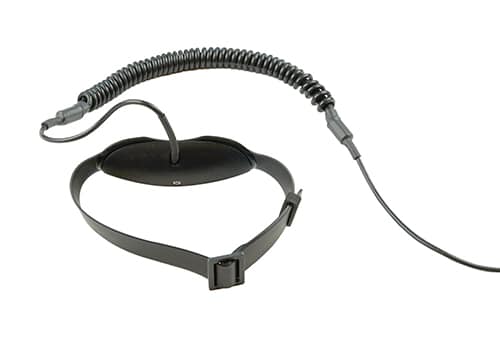
|
SV 105C - Hand-Arm adapter with triaxial accelerometer for SV 106A Hand-Arm adapter with triaxial MEMS accelerometer for SV 106A |
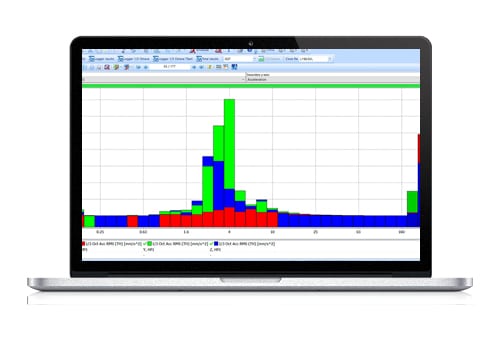
|
SF106_LIC_3 - License of 1/1 & 1/3 octave analysis for SV 106 License of 1/1 & 1/3 octave analysis for SV 106 |
Video
Svantek SV 106A Human Vibration Meter & Analyser
Svantek SV 106A Human Vibration Meter & Analyser
What is a Human Vibration?
Human vibrations are mechanical vibrations that are transmitted directly to the human body, affecting different tissues in different ways. There are three types of human vibrations:
- hand-arm vibration (ISO 5349)
- whole-body vibration (ISO 2631)
- low-frequency whole-body vibration in the frequency range from 0,1 Hz to 0,5 Hz (ISO 2631)

Hand Arm Vibration Testing
Calculation of the daily exposure A(8)
The hand-arm vibration testing is based on the calculation of the daily exposure value normalized to an eight-hour reference period. This value is A(8), which is the square root of the sum of the squares (RMS) of the frequency-weighted acceleration values, determined on the orthogonal axes X, Y, Z defined in ISO 5349-1.
Vibration Dose Value
Calculating VDV for whole-body vibration
The vibration dose value VDV is calculated using the fourth power of the frequency-weighted instantaneous vibration acceleration. The whole-body vibration daily exposure A(8) is calculated at the highest (RMS) value or the highest vibration dose value (VDV)
Types of Accelerometers
MEMS vs IEPE Accelerometers Types
ISO 8041 mentions two types of accelerometers - IEPE and MEMS. Their construction and operation are very different. In IEPE accelerometers, piezoelectric materials are used, while semiconductor fabrication facilities are used in MEMS. As a result, MEMS accelerometers are more shock resistant and do not have a DC shift effect. They also consume less power and have a flat frequency response down to DC.
Human vibrational frequencies
frequencies
How do you measure human vibrational frequency?
According to ISO 5349 and ISO 2631, human vibrational frequencies are measured using unweighted frequency spectra to identify the vibration sources. Once it is installed, the data logger stores the information about 1/3 octaves with configurable logging intervals.
For more information: http://Svantek SV 106A
Svantek SV 106A Human Vibration Meter & Analyser
Svantek SV 106A DatasheetSvantek SV 106A Human Vibration Meter & Analyser

|
SV 38V - Seat accelerometer for SV 106 Seat accelerometer for SV 106 |

|
SV 105C - Hand-Arm adapter with triaxial accelerometer for SV 106A Hand-Arm adapter with triaxial MEMS accelerometer for SV 106A |

|
SF106_LIC_3 - License of 1/1 & 1/3 octave analysis for SV 106 License of 1/1 & 1/3 octave analysis for SV 106 |

